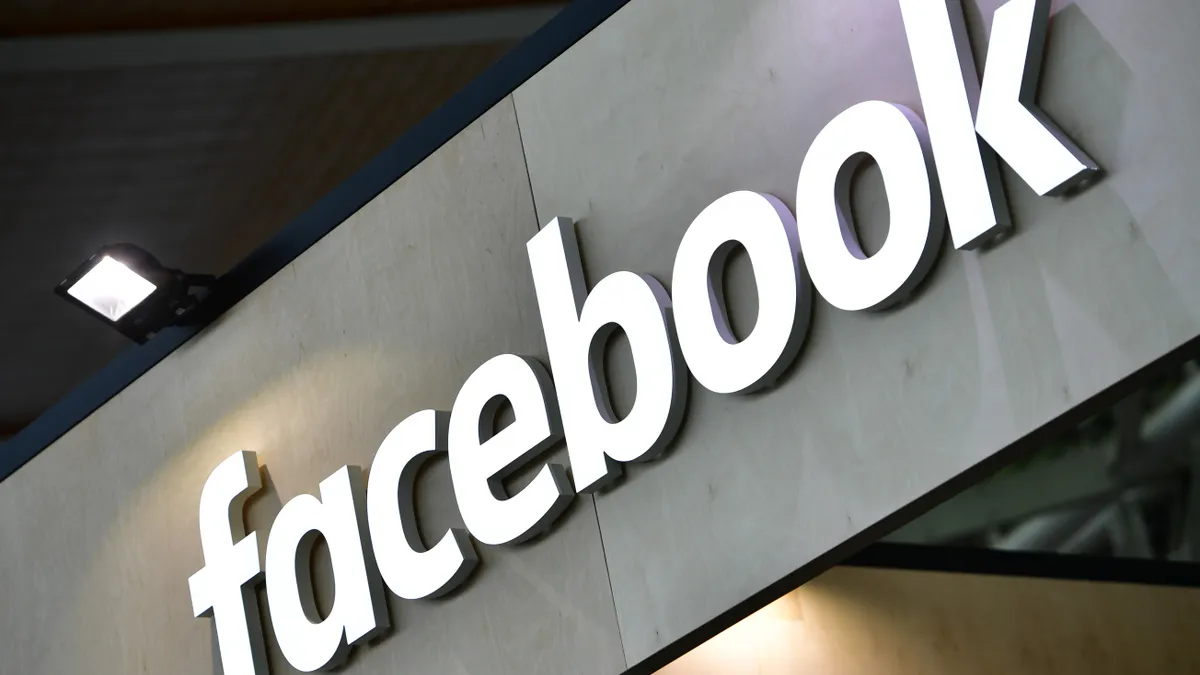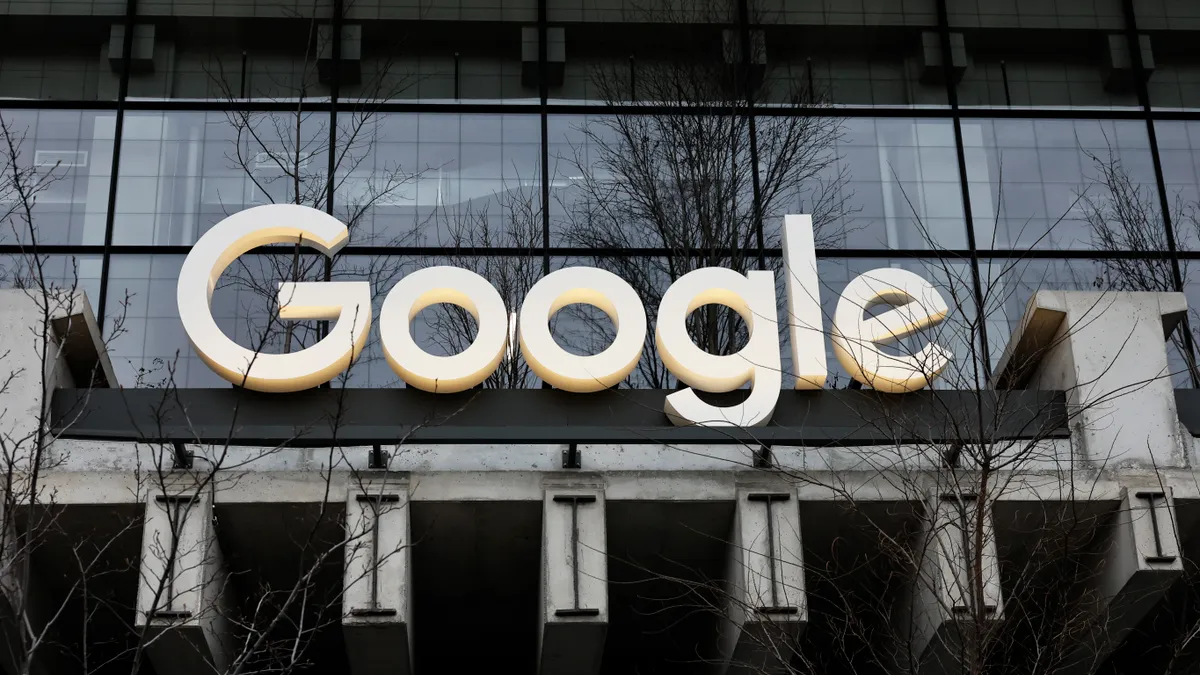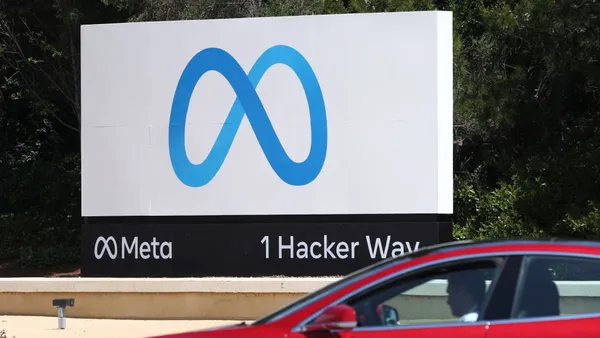Dive Brief:
-
Facebook's advertising sales rose 46% from a year earlier to $25.44 billion in the first quarter as marketers ramped up their spending on social media. The company's average price per ad rose 30% from the prior year, while the number of ads delivered increased 12%, according to a quarterly earnings report.
-
Facebook's management said revenue gains in the second quarter would be strong compared with last year's weakness during the onset of the pandemic. It also warned that growth rates could slow by the second half as results are compared with the quick rebound that Facebook experienced later in 2020. Apple's new limits on ad tracking will begin to affect its revenue during the current quarter.
-
Daily active users rose 15% worldwide from a year earlier to 2.72 billion among its family of apps, which includes Facebook, Instagram, Messenger and WhatsApp. As for Facebook itself, daily active users increased 8% to 1.88 billion, though its user base in the U.S. and Canada was little changed at 195 million, per the company's earnings presentation.
Dive Insight:
Facebook's strong ad revenue gains show that marketers continued to gravitate to its platform, which became 30% more expensive compared with last year. The company forecast that demand will keep prices elevated, stating "we expect advertising revenue growth will continue to be primarily driven by price during the rest of 2021." Facebook is in a strong position to command higher ad prices on its family of apps, though its Facebook Audience Network that places ads on other websites will face pressure from Apple's restrictions on ad tracking that started this week. Some analysts forecast Facebook could lose up to billions of dollars due to the changes.
"There are challenges coming to personalized advertising and we've been pretty open about that," Chief Operating Officer Sheryl Sandberg said during a call discussing the results with analysts. "We're doing a huge amount of work to prepare… We're rebuilding meaningful elements of our ad tech so that our system continues to perform when we have access to less data in the future."
Those initiatives include working with customers to implement Apple's software protocols and Facebook's aggregated event measurement to track users of Apple devices. The company is also participating with industry groups including the World Wide Web Consortium (W3C) on technologies that allow for personalized advertising while protecting consumer privacy. Apple this week updated the software that runs devices including the iPhone to ask customers if they consent to be tracked — a move that advertisers, publishers and Facebook have criticized.
"It's also on us to keep making the case that personalized advertising is good for people and businesses, and to better explain how it works so that people realize that personalized ads are privacy-protective," Sandberg said. "Small businesses don’t have to understand the alphabet soup of acronyms they'll need to comply with, but they do need to have confidence that they can still use our tools to reach the people who want to buy what they're selling in a privacy-safe way."
Facebook at the same time touted its efforts to boost e-commerce during the pandemic, when many brick-and-mortar stores were either forced to close or operate in a limited capacity. The company last year launched Facebook Shops to give small businesses a way to sell products directly to its users. The social network now has more than 1 million active Shops, and its Marketplace section for classified ads is gaining traction. One billion users now visit Marketplace on a monthly basis, according to CEO Mark Zuckerberg, while commerce ads are driving "a meaningful amount" of business.
Zuckerberg also detailed efforts to build out Facebook's commerce capabilities, including assembling tools to help people create and sell content among Facebook's family of apps. The initiative is part of a broader trend to create platforms that let people monetize their user-generated content, such as Twitter's acquisition of Revue to help writers sell subscriptions to email newsletters and TikTok's efforts to pay creators for developing exclusive content for its social video app.













